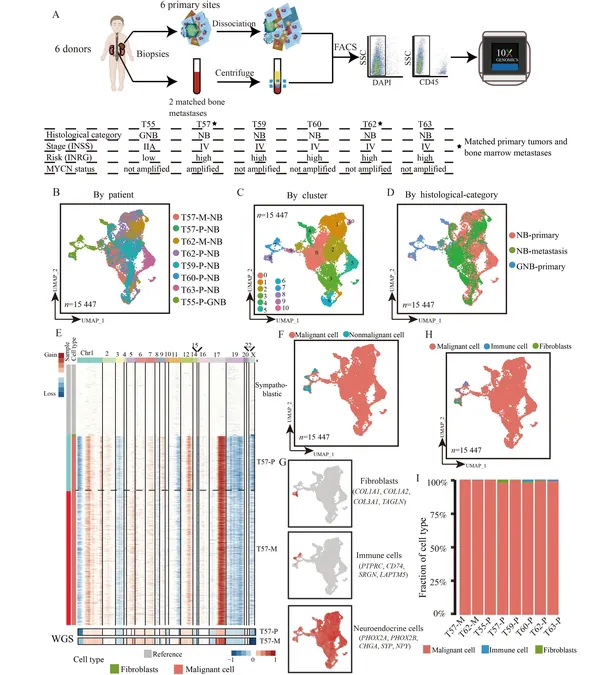
Groundbreaking Study Shows Promising Results for HIV Treatment in Black Individuals: What You Need to Know!
2024-11-07
Author: Arjun
Overview of the Study
At the recent IDWeek conference, Dr. Anson K. Wurapa presented compelling findings regarding the efficacy and safety of a combination antiretroviral medication, bictegravir/emtricitabine/tenofovir alafenamide (B/F/TAF), specifically focusing on Black individuals living with HIV (PLWH). The five-year study demonstrated that B/F/TAF sustained impressive rates of viral suppression among Black patients, even with noted challenges in treatment adherence compared to non-Black patients.
Study Participant Demographics
The study involved a total of 632 participants, comprising 211 Black individuals and 421 non-Black individuals. By the end of the five years, an astounding 97.2% of Black patients and 99.3% of non-Black patients achieved HIV-1 RNA levels below 50 copies/mL—an important marker of virologic control.
Adherence Challenges
However, adherence was a significant concern, as 11.2% of Black participants showed low adherence rates (defined as less than 85%), whereas only 5% of non-Black participants fell into this category. Social and economic factors were identified as some of the barriers affecting adherence among Black PLWH. Dr. Wurapa emphasized the impact of systemic issues, stating, “Factors such as socioeconomic status, access to healthcare, mental health challenges, and substance use significantly influence patients' ability to stick to their medication regimens.” This highlights an urgent need for tailored interventions that address these barriers.
Treatment-Emergent Adverse Events
Interestingly, the study also revealed that Black participants experienced fewer treatment-emergent adverse events (TEAEs) compared to their non-Black counterparts, with 20.4% of Black participants experiencing TEAEs compared to 31.8% of non-Black participants. This data illustrates that B/F/TAF is not only effective but also well-tolerated among Black individuals.
Cultural Sensitivity in Healthcare
Dr. Wurapa drew attention to the importance of making health provisions more inclusive and culturally sensitive. “By understanding the unique challenges faced by the Black community, healthcare providers can offer better support and encouragement for adherence,” he mentioned. “It's essential that we tailor discussions around medication to build trust and understanding with our patients.”
Research Methodology
The research also pooled data from two Phase 3 randomized, double-blind studies, exploring a broad range of factors including demographics, virologic outcomes, and metabolic parameters. This comprehensive analysis demonstrates a critical shift towards more inclusive research methodologies in HIV treatment studies.
Implications for Future Protocols
Additionally, Dr. Wurapa underscored the wider implications of these results for future HIV treatment protocols, particularly for Black communities who face a disproportionate burden of HIV. “When we provide compelling data specific to the demographic we serve, it empowers both patients and clinicians in the treatment decision-making process,” he said, advocating for ongoing studies that address health disparities.
Conclusion and Call for Inclusivity
The presentation concluded with a poignant reminder of the historical underrepresentation of Black individuals in clinical research, which often affects the outcome of treatment protocols. Dr. Wurapa asserted, “Inclusivity in research is paramount to advancing health equity and ensuring effective treatments for all demographics affected by HIV.” As the healthcare landscape continues to evolve, it is vital that research focuses on marginalized groups to enhance their treatment experiences and health outcomes. This recent study paves the way for future inquiries aimed at bridging healthcare gaps and fostering better patient care across diverse communities.



 Brasil (PT)
Brasil (PT)
 Canada (EN)
Canada (EN)
 Chile (ES)
Chile (ES)
 España (ES)
España (ES)
 France (FR)
France (FR)
 Hong Kong (EN)
Hong Kong (EN)
 Italia (IT)
Italia (IT)
 日本 (JA)
日本 (JA)
 Magyarország (HU)
Magyarország (HU)
 Norge (NO)
Norge (NO)
 Polska (PL)
Polska (PL)
 Schweiz (DE)
Schweiz (DE)
 Singapore (EN)
Singapore (EN)
 Sverige (SV)
Sverige (SV)
 Suomi (FI)
Suomi (FI)
 Türkiye (TR)
Türkiye (TR)